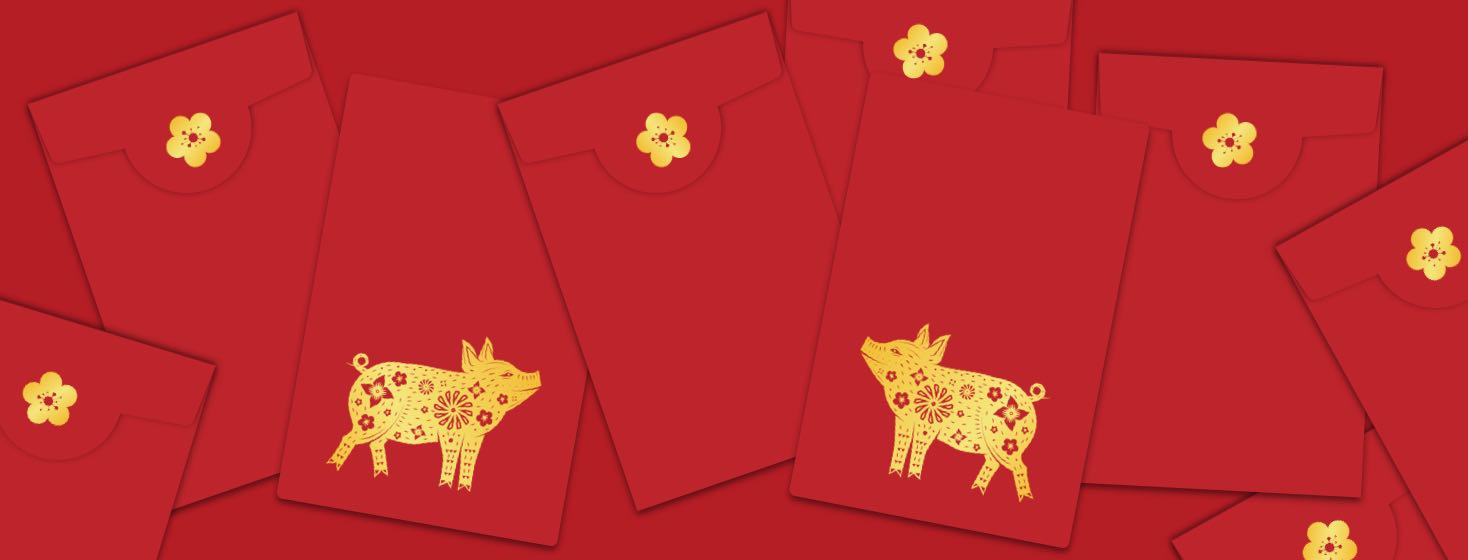Celebration of Chinese New Year
I would not consider myself a very cultural person. I left China at age 23 soon after I finished my undergraduate studies. I came to Canada in 1986, obtained MSc and PhD degrees and got a university job. I was extremely busy with work and family life, then 3.5 years ago I was diagnosed with lung cancer. I had a highly competitive job, 3 highly amazing kids, and a highly non-Chinese husband!! I didn’t think too much about Chinese culture; as a matter of fact, when it came to my identity, I sometimes thought I was a global citizen: Chinese-by-birth, Canadian-by-residence, and Persian-by-marriage. Anyway, except Chinese food that is irreplaceable, other aspects of my life have all changed, that includes the celebration of Chinese New Year.
New traditions for Chinese New Year
Chinese New Year is the first day of the Chinese lunar calendar. In fact, both the last day of the previous year and the first day of the upcoming year are celebrated, which are the most celebrated time in China. Usually, I set up a good Chinese dinner to celebrate New Year, that’s all.
This year for the first time I spent Chinese New Year with my Chinese ROS1 group* online. Several days before the Chinese New Year, I asked my Chinese fellows if they could share some photos. I told them I did not want to see those I could find from magazines. I wanted to see real people’s life and ordinary people’s celebrations of the new-year. To my surprise, they posted over a hundred pictures about home-made food, eateries, regular streets, restaurants, markets, new-year decorations, and celebratory activities. Some even added two-line stories with their pictures. I have never seen so many beautiful but imaginary pigs (this year is the year of the Pig.). China is very big and pictures range from showing the harsh winter to the nice summer. Since leaving China, I have never enjoyed New Year as much as I did this year.
Leaving cancer out of the celebration
Another surprising piece of information is that during the 7 days celebration of the new year, all Chinese are busy blessing each other for making money and saying something auspicious. Not a single Chinese mentioned the word cancer or other diseases. In Chinese culture, it is somehow forbidden to say anything not lucky at New Year -- even if the pronunciation of the word is similar to those unlucky words, which can happen in the Chinese language. So for those days, people said good luck to each other, but no one asked one question about cancer until several days after New Year.
Passing around red envelopes
The next thing that surprised me is that people, throughout the internet, give out “red envelopes”. As part of the Chinese culture, older relatives give the younger ones money placed in "red envelopes". Now on the internet, like Chinese ROS1 Group, people even didn’t know each other, but they “ran and grabbed” the "red envelopes" electronically. It’s like the fashion. Whoever getting a “red envelops” will be lucky in the coming year and who gives away “red envelopes” are also lucky because the luck would come back. I feel funny to see people “running” for the money. It was quite fun.
Until next year
Several days later, New Year was over and Chinese ROS1 group started to talk about problems about lung cancer and side effects. This is a very special New Year for me. I cannot forget one friend from Chinese ROS1 group who wrote: "Let’s spend the New Year together next year."
Indeed, next year!
*Chinese ROS1 Group consists of patients with ROS1+ lung cancer and caregivers living in China. They, through the internet, provide unofficial information about treatments, medications, and supports they receive. Interested readers can refer to my article “Connect to Chinese ROS1 Group” or check out my blog.

Join the conversation